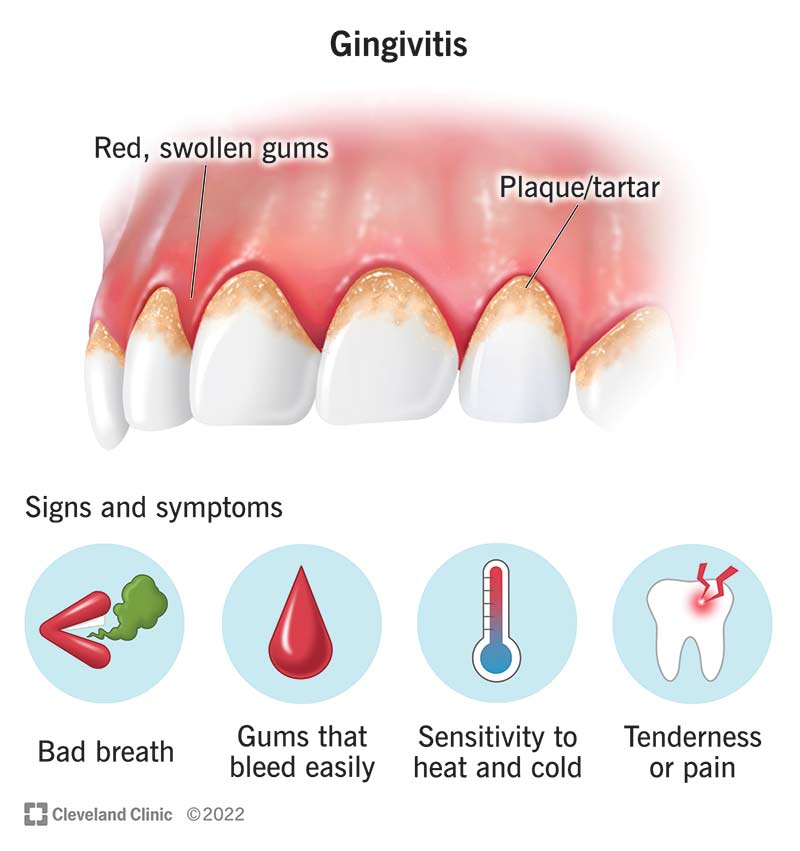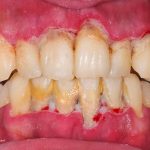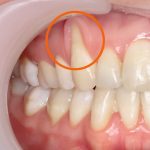The type of treatment you have will depend on how severe your gum disease has become. Your dentist may refer you for treatment with a dental hygienist – a health professional who specialises in the prevention and treatment of dental conditions such as periodontal disease. If you have severe gum disease, your dentist may refer you for treatment with a periodontologist (a health professional who specialises in treating gum disease).If you have gingivitis, your dentist or hygienist will clean your teeth thoroughly with a gritty toothpaste using an electric toothbrush and special instruments called scalers. This type of thorough cleaning is called scale and polish. Your hygienist may also recommend an antiseptic mouthwash that will help to prevent plaque forming, and will help you learn how to brush and floss your teeth properly.
In addition to scale and polish, if gingivitis has developed into periodontitis or you have ANUG, you may need more extensive treatment to remove plaque and tartar from the periodontal pockets. This is called root planing. You may need to have several appointments.
Your dentist or hygienist may need to inject a local anaesthetic into your gums beforehand. This will completely block the feeling from your gums, and you will remain awake during the treatment. Your dentist or hygienist will monitor the size of the periodontal pockets during the following months to make sure the treatment has been successful and the periodontitis isn’t getting any worse.If you’re having scaling, root planing or treatment for ANUG, your dentist or hygienist may prescribe you antibiotics.
You may need to have gum surgery if your gum disease is very severe and other methods such as deep cleaning and medicines haven’t worked. Your dentist may refer you to a periodontologist for this. There are a number of types of surgery that can help to build your gum tissue back up after it has shrunk from gum disease. If you need more information, ask your dentist.



